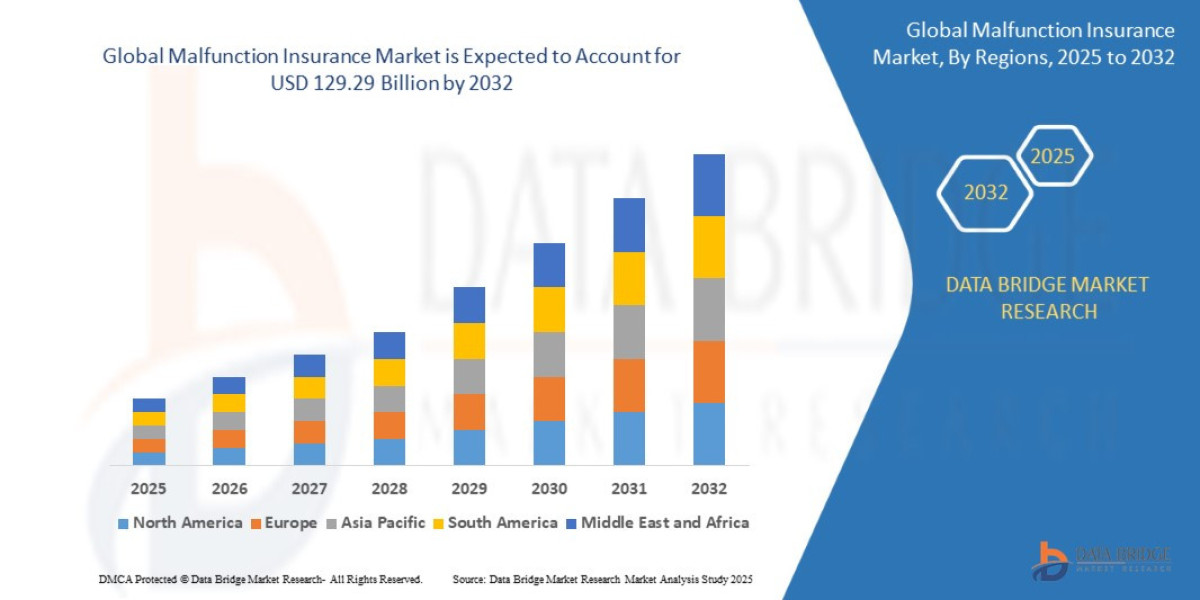In a world where speed, efficiency, and data-driven decision-making are paramount, fleet management platforms have emerged as game-changers across industries that rely on vehicle fleets. From logistics companies to municipal governments, organizations are turning to digital solutions to streamline operations, reduce costs, and enhance safety. But what exactly are fleet management platforms—and why are they crucial in today’s transportation ecosystem?
What is a Fleet Management Platform?
A fleet management platform is a comprehensive software solution designed to oversee and optimize the daily operations of a fleet of vehicles. This includes everything from GPS tracking and fuel management to driver behavior monitoring and maintenance scheduling. These platforms integrate data from various sources—vehicles, drivers, fuel systems, and more—into a centralized dashboard that fleet managers can use to make informed decisions.
Core Features of Fleet Management Platforms
Real-Time Vehicle Tracking
GPS and telematics provide live location data, enabling route optimization, delivery tracking, and theft prevention.Driver Behavior Monitoring
Advanced analytics can detect harsh braking, speeding, idling, and other behaviors that affect fuel efficiency and safety.Maintenance Scheduling
Platforms automate service reminders based on mileage or engine hours, reducing downtime and costly breakdowns.Fuel Management
Integration with fuel cards or IoT devices helps monitor fuel usage and detect anomalies or theft.Compliance and Reporting
Fleet software ensures adherence to regulations (e.g., ELD mandates, DVIR reports) and simplifies audits through automated record-keeping.Route Optimization
Algorithms consider traffic, delivery windows, and fuel consumption to suggest the most efficient routes.Asset Utilization
Data analytics help determine whether fleet assets are under- or over-utilized, enabling smarter allocation.
Benefits of Using Fleet Management Platforms
Cost Savings: Reduced fuel consumption, optimized routes, and proactive maintenance lower operational costs.
Improved Safety: Monitoring driver behavior and vehicle health minimizes the risk of accidents.
Regulatory Compliance: Stay ahead of legal requirements through automated reporting and alerts.
Enhanced Productivity: Automation reduces manual work, and improved dispatching shortens delivery times.
Environmental Impact: Efficient route planning and reduced idling help cut carbon emissions.
Popular Fleet Management Platforms in 2025
Samsara: Known for its IoT-enabled platform and AI-driven insights.
Geotab: Offers deep analytics and robust third-party integration.
Verizon Connect: Combines fleet tracking with workforce management tools.
KeepTruckin (Motive): Popular among small-to-mid-sized trucking fleets for its user-friendly design.
Fleetio: Great for maintenance-heavy operations with intuitive mobile apps.
Who Needs a Fleet Management Platform?
Fleet management systems are not just for long-haul trucking firms. They’re essential for:
Delivery & Courier Services
Public Transportation
Construction & Heavy Equipment
Oil & Gas Field Services
Field Sales & Service Teams
Any organization that operates a fleet of vehicles can benefit from these tools.
The Future of Fleet Management
With advancements in AI, 5G connectivity, and autonomous vehicle technology, the future of fleet management looks increasingly intelligent and interconnected. Predictive analytics, real-time diagnostics, and even autonomous dispatching will soon become standard features.
In addition, sustainability is becoming a core focus. Expect to see platforms that integrate electric vehicle (EV) support, carbon tracking, and green route optimization in the coming years.
Conclusion
Fleet management platforms are transforming how organizations approach logistics, asset utilization, and operational efficiency. By leveraging real-time data and automation, these platforms empower businesses to make smarter, faster, and more sustainable decisions.
If your organization still relies on spreadsheets or manual processes to manage fleet operations, it might be time to explore a digital transformation—one that drives real results.







